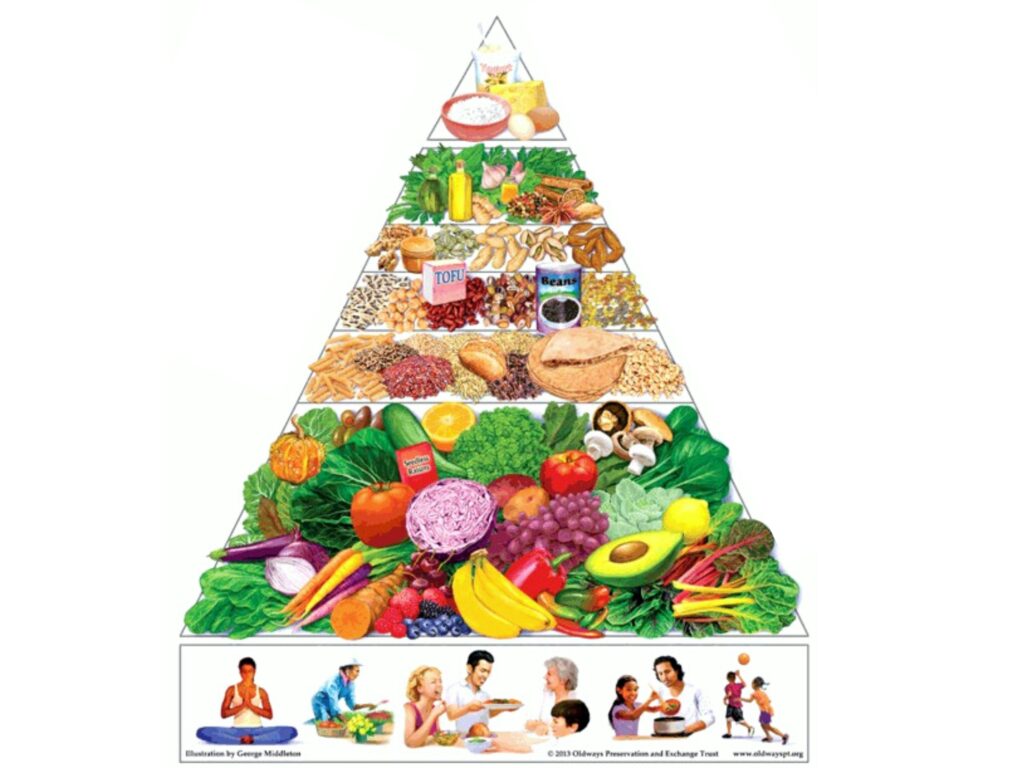Why You Need to Know Important Facts About Medicine shmgmedicine
It’s easy to overlook prescription details or dismiss minor drug warnings until something goes wrong. The reality is, even everyday medications come with a complex set of instructions, potential side effects, and interactions. Important facts about medicine shmgmedicine encompass everything from use guidelines to what to do if a dose is missed.
Armed with solid information, you not only safeguard your health but can advocate for yourself or family members more effectively. That’s not just convenience—it’s empowerment.
Key Medicine Information Everyone Should Have
Start with the basics:
Drug Name (Brand and Generic): Always know both; generics may differ in cost and appearance but are functionally the same as brandname drugs. Purpose: Know exactly what each medicine is treating. Don’t rely on memory—ask your provider if unsure. Dosage and Frequency: Right dose, right time. Using a pill organizer or reminder app helps avoid missed or doubled doses. Administration Instructions: With food or on an empty stomach? Swallowed whole, chewed, or dissolved? Side Effects: What’s common (nausea, headache, drowsiness) vs. what’s serious (difficulty breathing, severe rash). Interactions: Every supplemental vitamin, herbal remedy, or other prescription could interact with your main medicine.
Keeping these important facts about medicine shmgmedicine written down—and updated—prevents confusion during appointments or emergencies.
Making Sense of Labels and Inserts
Don’t toss that package insert. Labels cover:
How to store the medicine (room temp, fridge, protect from light) What to do if you miss a dose Emergency contacts for side effects
Read every new label—formulas, manufacturers, or instructions sometimes change.
The Role of Generics
Many patients ask if generic drugs are as effective as their brandname versions. In almost all cases, the answer is yes. Generics use the same active ingredient, dose, and safety standards. They usually cost less, making essential care more accessible. Still, check for strange reactions when switching, as inactive fillers or colors might differ.
Important Facts About Medicine shmgmedicine: Children, Elders, and Special Groups
Kids and older adults often react differently to medicines. For children, check doses by weight or age. For seniors, metabolism slows and medicines may linger in the body, raising the risk for side effects or interactions.
Pregnant or breastfeeding? Always ask about medicine safety—even if the drug is considered “mild” or “common.” What’s safe for one person could be dangerous for another.
When to Call for Help
Some reactions can be lifethreatening. Contact your provider or seek urgent care if you notice:
Difficulty breathing or swelling of the face/throat Sudden severe rash or blistering High fever or confusion Repeated vomiting or inability to keep fluids down
Most pharmacy handouts (and some bottles) list emergency warning signs. Review these important facts about medicine shmgmedicine before something happens.
Tips for Accurate Medication Records
Keep a printed or digital list of all medicines and doses (including vitamins and supplements). Share your list with every healthcare provider—especially before procedures or new prescriptions. Update your records when you start or stop any drug. Carry allergy and medical alert information with you at all times.
How to Dispose of Unneeded Medicine
Expired or unneeded meds should never go in the trash or flushed (unless the label specifically allows). Use takeback programs at pharmacies or community centers. This keeps kids, pets, and the environment safe.
Staying Informed in a Digital World
There’s no shortage of online medical information, but quality varies wildly. Stick with trusted sources—FDA.gov, Mayo Clinic, professional associations, or your pharmacist. Avoid forums or blogs that offer onesizefitsall advice without expertise or citation.
Questions to Bring to Every Appointment
Why do I need this medicine? How long should I take it? What happens if I miss a dose? Are there foods, drinks, or activities I need to avoid? Are there affordable generic options?
Asking up front means fewer surprises and more control over your care.
The Bottom Line
Getting reliable medical information isn’t just about memorizing side effects—it’s about building the confidence to manage your health proactively. Important facts about medicine shmgmedicine save lives, reduce stress, and put you in the driver’s seat of your wellbeing. Read labels, stay curious, write things down, and never hesitate to demand clarity from your healthcare team. Smarter questions mean safer, more effective medicine—every time.




